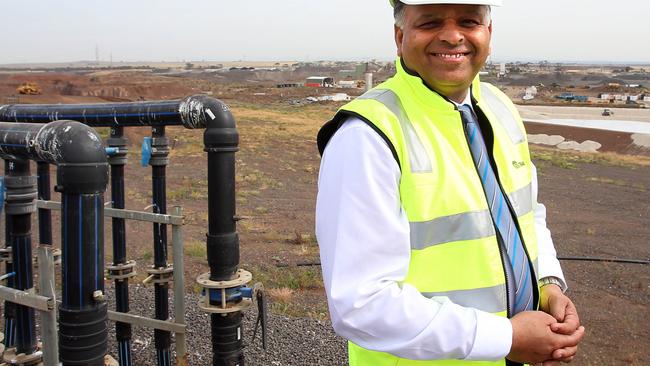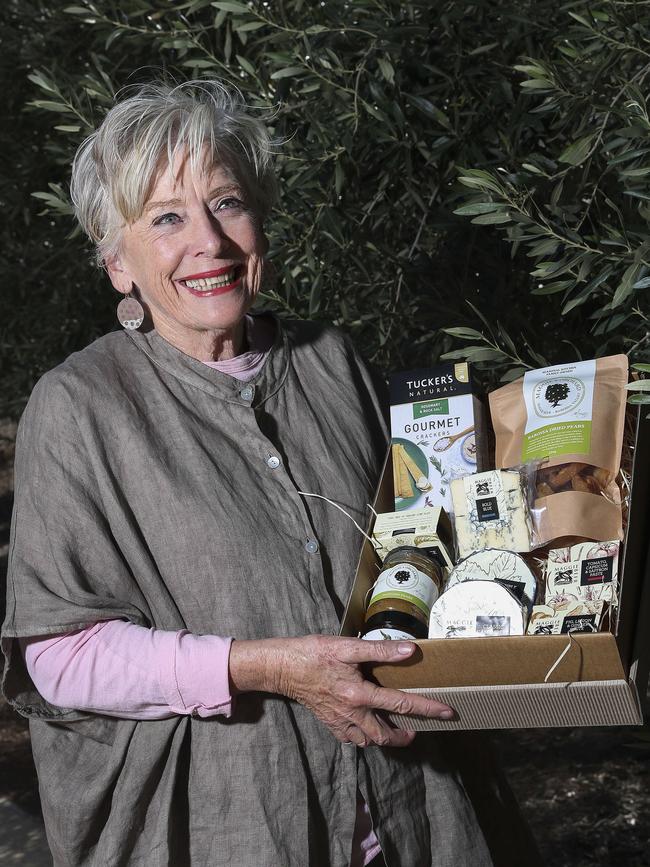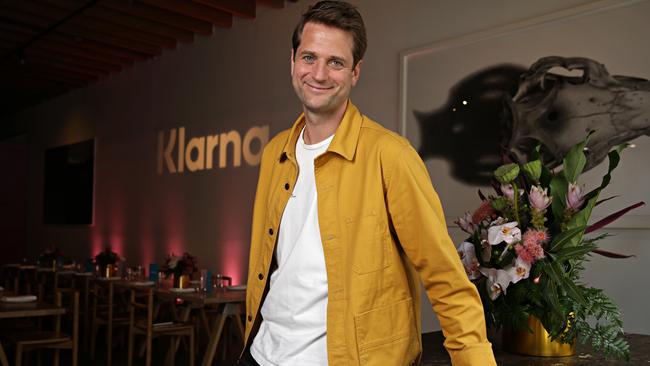Cleanaway chief’s still up in the air

It has been five years but Cleanaway boss Vik Bansal still hasn’t quite been sold on the idea of Melbourne as his permanent home.
While the state’s lockdown has put off any regular travel since March, the Turramurra-based Bansal has been clocking up more than just frequent flyer points, with interstate flights on the company’s purse on a weekly basis.
A contrite Bansal this week came into focus after being chided by his Melbourne-based board for “overly aggressive” behaviour.
He’s clocked a hefty $90,400 bill over the past year as he commuted from his four-bed, three-bath, double-storey home to the firm’s headquarters in inner-city Melbourne.
It seems Melbourne’s culture isn’t enough to entice the executive — nor its high-powered business circle, which includes the locked-down likes of ANZ’s Shayne Elliott and BHP’s Mike Henry. After all, it is Cleanaway footing the bill for the dual-city lifestyle.
Since his appointment in 2015, Bansal has received more than $440,000 to cover his travel and rent expenses, which appears a bit pricey even in business class for the 90-minute flight.
Margin Call hears that the rent support and travel costs were part of the employment contract signed in 2015.
But if it’s leafy streets and large blocks that have him wedded to the harbour city, perhaps Doncaster or Kew would be a good fit if he ever wants to move south.
That said, Dial-A-Dump’s Ian Malouf and Bingo Industries’ Daniel Tartak both reside north of the border, so perhaps there’s something in the water.
Sayers, not stayers
It is not just PwC looking over its shoulder at its former boss Luke Sayers’ new investment venture, which is appropriately called “Sayers”.
LinkedIn posts might reveal the names of seven PwC alumni that have joined Sayers, but Margin Call understands the firm has also signed up three JBWere execs — Neville Azzopardi, James Wright and Jason Chequer.
For Weres, the launch of Sayers brings back memories of the early days of the Steve Tucker-chaired Koda Capital a few years back, which saw a string of Sydney-based Were execs defect to the new team.
Now it’s the Melbourne office of Were that is believed to be on high alert.
We also hear Sayers, whose group is reportedly backed by trucking magnate Lindsay Fox and other private families in Australia and America, has also snared two co-founders of Judo Bank: Kate Keenan and Mal Hiscock.
In its marketing material Sayers is calling itself an advisory, innovation and investment business purposefully built for the modern “change-age”.
The firm’s first move, reported earlier this month, was to strike a strategic alliance with Melbourne technology company Elenium that has developed a multifunctional health screening device for COVID-19 and other potential illnesses.
Sayers left PwC earlier this year after eight years as its local CEO.
He is also on the board of the Carlton Football Club and mooted to be a front-runner to be the next club president when Mark LoGiudice steps down.
Maggie’s move
The listed Maggie Beer Holdings may own the Australian cook’s lines of gourmet cheeses, preserves and stocks, but the well-loved namesake herself is only contracted to be the face of the brand until April.

After its second name change in less than three years, the formerly Primary Opinion, then Longtable Group and now Maggie Beer Holdings on Tuesday logged its annual report, showing Beer as a key director, but with six months ticking on her brand ambassador role.
In the past few years Beer has stepped away from the group, which she founded 25 years ago with husband Colin Beer, including the selldown of her remaining stake in the food business for $10m last year.
According to the latest filing, Beer has interests in 6.3m ordinary shares in MBH, the majority of which (4.65 million) are held in escrow, but set to expire on April 15 next year, raising the question of her longer-term plans for the group.
Included in the total is $20,000 in shares given to each of the non-executive directors of the company — including tech investor Tom Kiing and stockbroker to the stars Hugh Robertson — in lieu of a cash salary in the second half of the year, a means to preserve cash amid the coronavirus downturn.
Beer also nets a monthly salary of $13,092 to continue her association with the Maggie Beer brand, its product development program and customer relationship.
Shareholders backed the name change in July, described as a means to “reflect the company’s core focus” and provide a “premium halo”.
The company’s remuneration also shows chief Chantale Millard took a tidy signing bonus of $135,000 to take on the top job after the exit of Laura McBain — formerly of Bellamy’s fame — in the exec exodus of November last year. McBain meanwhile was handed a $130,000 payment as she left to pursue opportunities with “larger enterprises”.
The Tasmania-based businesswoman last popped up as a director at Lark Distilling Co.
Buy now, profit later
It’s not quite in the league of SoftBank’s early move on Alibaba, but Commonwealth Bank’s Matt Comyn is ahead so far on his $US300m punt on Swedish buy now, pay later hopeful Klarna. Comyn upped his bank’s initial stake in Klarna to 5.5 per cent in January. Then the world went crazy for everything BNPL as it went through the first lockdown in March. Klarna launched another fund raising with Silicon Valley private equity play Silver Lake tipping in another $US650m.
The latest raising values the unlisted Swedish payments company at $US10.65bn. It also means Comyn’s Klarna stake has jumped to $US585.8m. In Australian dollar terms that gives Klarna a market value of $14.54bn, compared to Afterpay’s $21.3bn.

Klarna operates in markets throughout Australia, Canada, Europe, Britain and the US, and plans to use the funds to continue its global expansion.
“We are at a true infection point in both retail and finance,” Klarna co-founder and CEO Sebastian Siemiatkowski said on Tuesday. “The shift to online retail is now truly supercharged and there is a very tangible change in the behaviour of consumers who are now actively seeking services which offer convenience.”



To join the conversation, please log in. Don't have an account? Register
Join the conversation, you are commenting as Logout